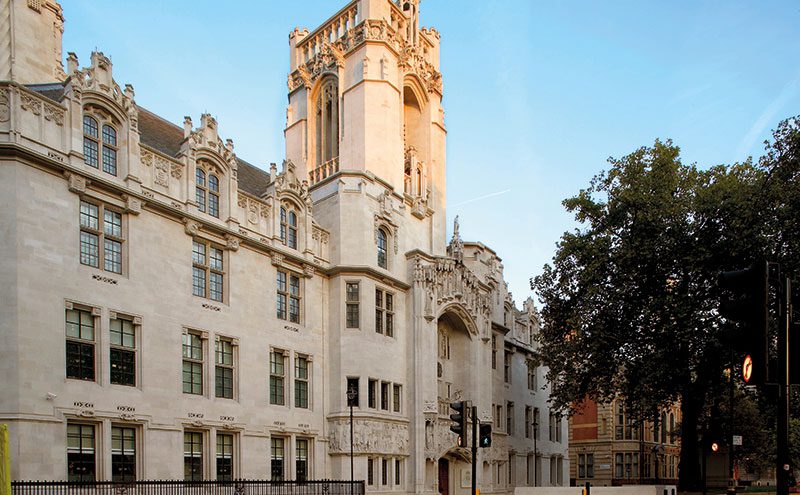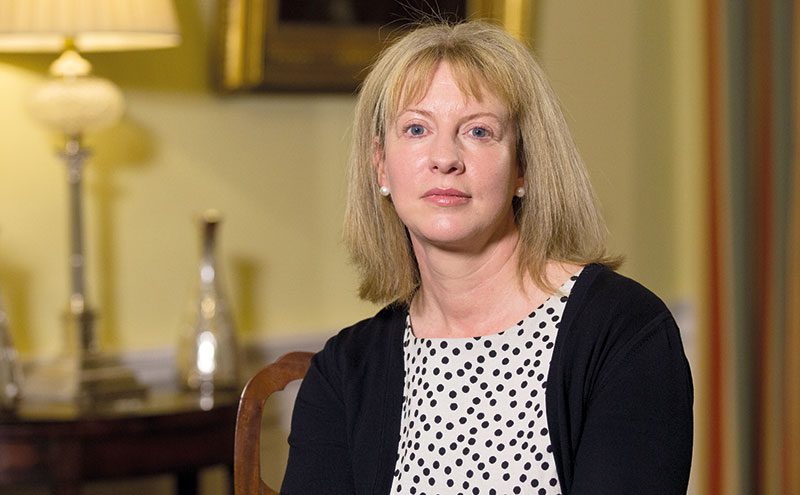2012 alcohol pricing act scheduled for 1 May 2018

MINIMUM unit pricing will go ahead in Scotland next spring following a ruling by the UK Supreme Court, bringing a legal battle that has raged on since 2012 to a close.
The Supreme Court’s ruling would appear to be the last ring of the bell in a legal battle that was brought by the Scotch Whisky Association and slugged out everywhere from the Court of Session in Edinburgh to the European Court of Justice in Luxembourg.
Delivering the verdict, which was unanimously agreed upon by all seven Supreme Court judges, Lord Mance said the court had found minimum pricing to be “a proportionate means of achieving a legitimate aim”.
The SWA had argued since 2012 that minimum pricing discriminates against particular products in a way that is not permitted under EU Law.
However, the Scottish Government has contended that if the measure is properly justified on health grounds then its effects on the market a can be justified under the law.

In the wake of the final ruling, Scottish Government health secretary Shona Robison announced plans to introduce a minimum unit price (MUP) for alcohol on 1 May, 2018.
Plans to form a group with retailers this month to discuss the practicalities of implementing minimum pricing are also underway according to Robison, who said the Scottish Government is already in dialogue with representative bodies.
Responding to the Supreme Court’s verdict, Robison said: “This is a historic and far-reaching judgment and a landmark moment in our ambition to turn around Scotland’s troubled relationship with alcohol.
In a ruling of global significance, the UK supreme court has unanimously backed our life-saving pricing policy.
“In a ruling of global significance, the UK Supreme Court has unanimously backed our pioneering and life-saving alcohol pricing policy.
“This has been a long journey and in the five years since the act was passed, alcohol-related deaths in Scotland have increased. With alcohol available for sale at just 18 pence a unit, that death toll remains unacceptably high.
“Given the clear and proven link between consumption and harm, minimum pricing is the most effective and efficient way to tackle the cheap, high-strength alcohol that causes so much damage to so many families.”
Karen Betts, Scotch Whisky Association chief executive, said: “We accept the Supreme Court’s ruling on minimum unit pricing (MUP) of alcohol in Scotland. Looking ahead, the Scotch whisky industry will continue to work in partnership with the government and the voluntary sector to promote responsible drinking and to tackle alcohol-related harm.
“We will now look to the Scottish and UK governments to support the industry against the negative effects of trade barriers being raised in overseas markets that discriminate against Scotch whisky as a consequence of minimum pricing, and to argue for fair competition on our behalf.
“This is vital in order that the jobs and investment the industry provides in Scotland are not damaged. At home, we hope to see an objective assessment of the impact of MUP.”
[box style=”0″]
The new price floor
When minimum pricing was first passed in 2012, the aim was to set a floor price of 50p per unit. The Scottish Government says this is still its preferred MUP which, subject to passing secondary legislation, would affect prices as follows:
- A 700ml bottle of spirits at 37.5% ABV would be £13.13
- A 750ml bottle of wine at 12.5% ABV would be £4.69
- A case of 24 440ml cans of beer at 4% ABV would cost £21.12
- Four 440ml cans of 5% strength lager would cost at least £4.40
- A three litre bottle of strong cider at 7.5% ABV strength would cost £11.25.
- A 500ml super-strength can of beer at 9% ABV would be £2.25
[/box]














